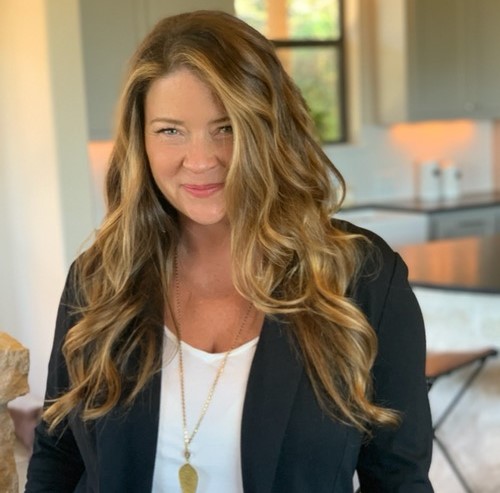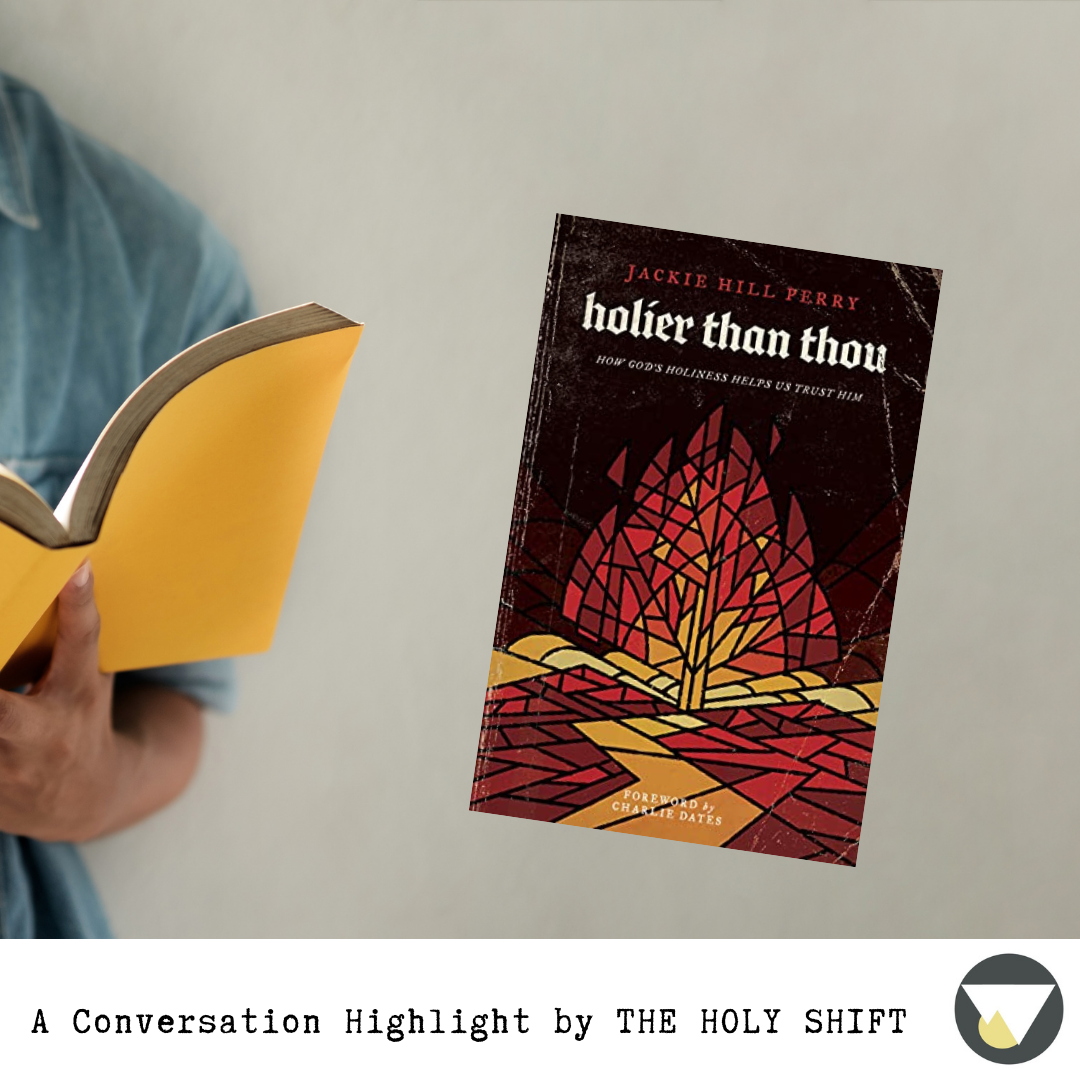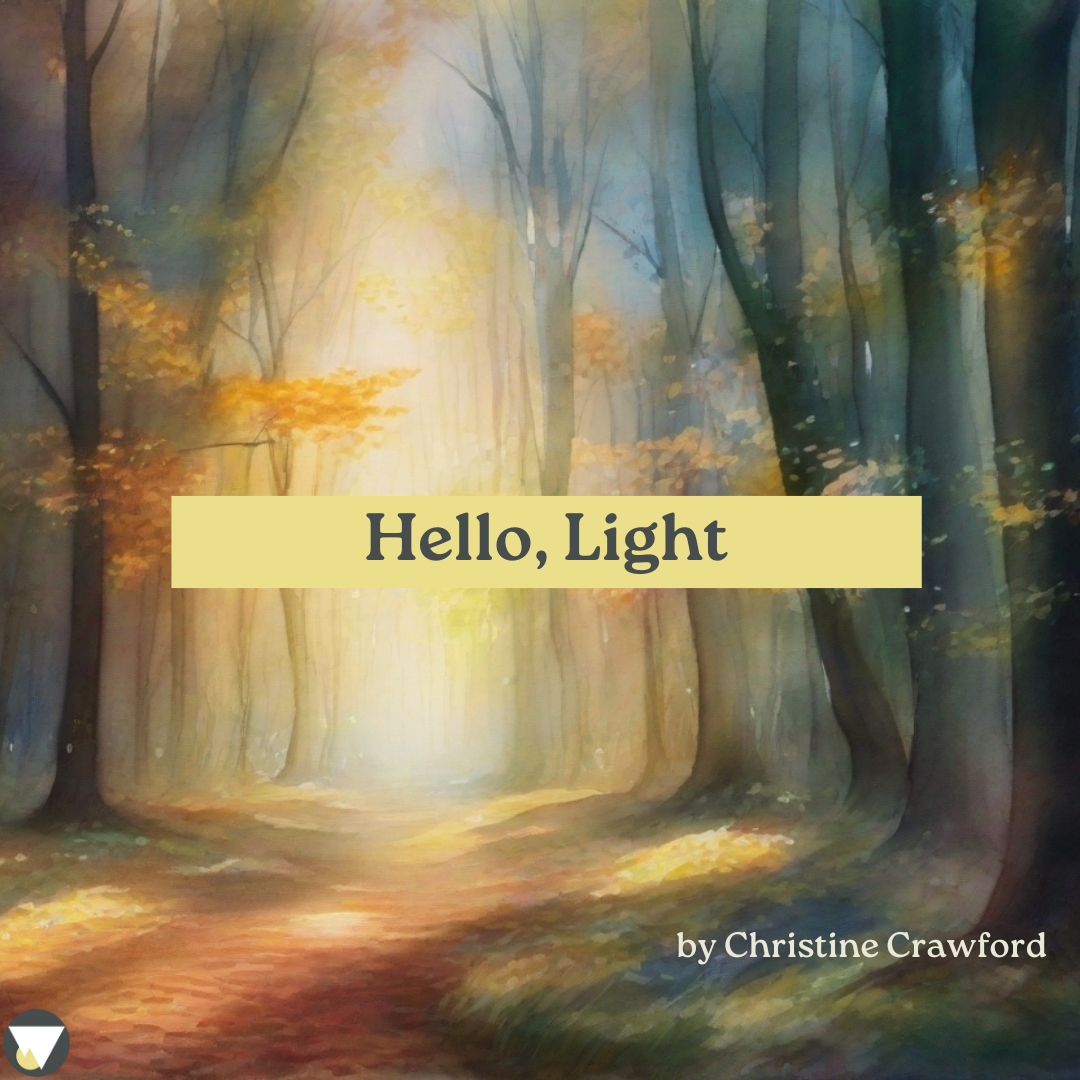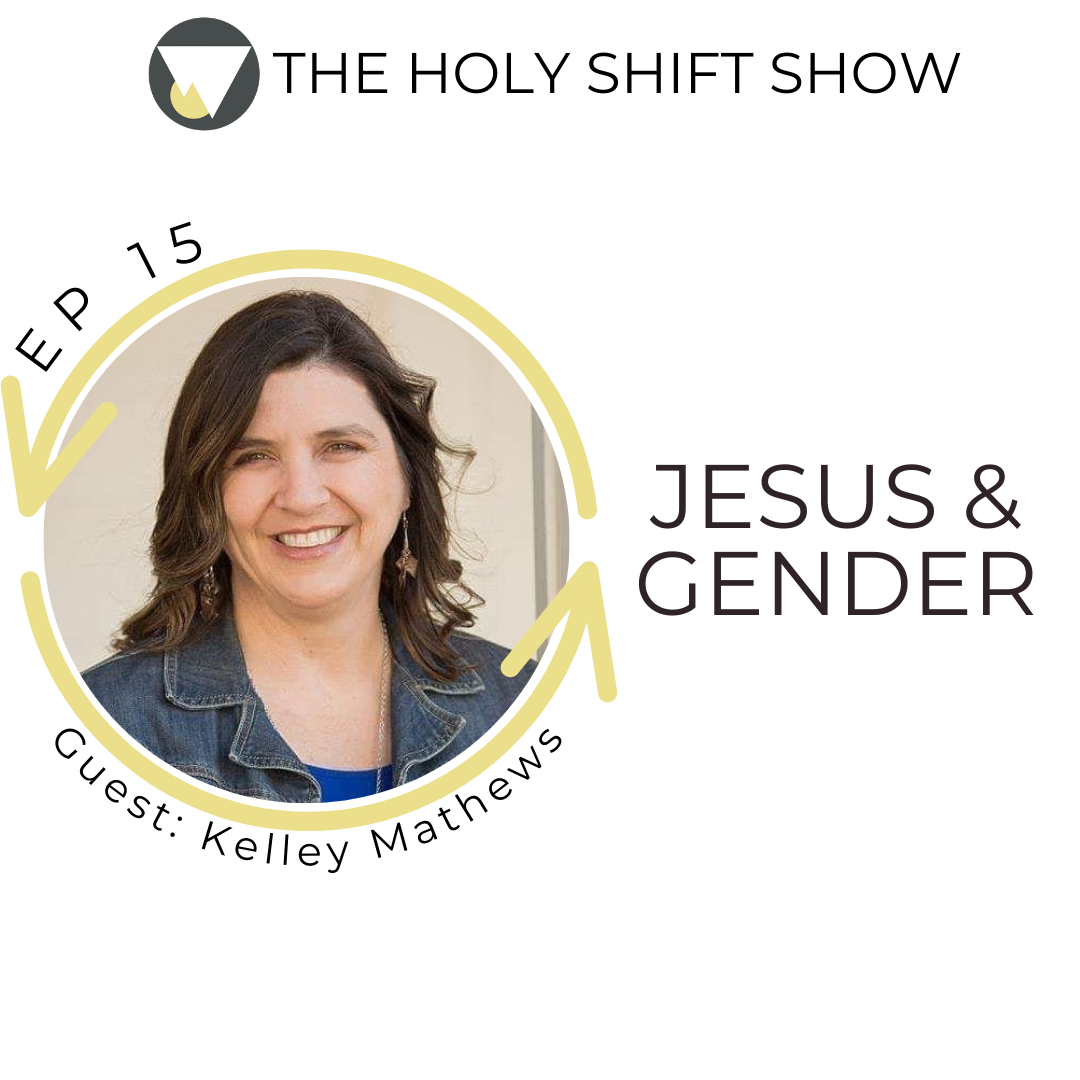Have We Misunderstood the Assignment?
Article by Christine Crawford

Spiritual Vertigo plagues our hearts, homes, and churches. Yet, this is not new, and we are not special. Since the beginning, humanity has misunderstood the assignment.
It’s really pretty simple:
- We are created in the image of God, by the hand of God, to be in relationship with God and bring glory to God.
- We are purposed to be with Jesus and become like Jesus.
- We are commanded to love the Lord our God with all our hearts, souls, minds, and strength and to love our neighbors as ourselves. (Note that this insinuates we love ourselves. More on that momentarily.)
Our identities, purpose, and assignments all relate to our loves and lives. Hence, we need to ensure we faithfully steward our hearts, souls, minds, and strength to enable us to love God, our neighbors, and ourselves.

If you wonder about my use of the word steward, I chose the term intentionally. To steward means to manage on behalf of another. As God’s stewards, we must be keepers, caretakers, cultivators, upholders, nurturers, and wardens of everything entrusted to our care. Guardianship is commanded throughout the Bible, from beginning to end. In the creation narrative, God appoints us as guardians of all creation and ambassadors of its flourishing, and we are called stewards in several other places in scripture. So stewardship is a big deal, and it’s not All About the Benjamins, Baby.😉🎶
Stewardship is an unceasing commitment to nurture our lives and loves in a way that honors God’s will and glorifies his name. Stewardship on behalf of God means to manage with care and integrity all that God has given us, which means everything we have, including our hearts, souls, mind, and strength. Because those things aren’t ours. Our lives are an offering. We are not our own.
Stewardship is an unceasing commitment to nurture our lives and loves in a way that honors God’s will and glorifies his name.
As women, we are pretty good at stewarding, loving, and caring for others, but we feel selfish or self-indulgent when we tend to or care for ourselves. We ignore the “love yourself” portion of the “love your neighbor” directive, adding an asterisk and mental footnote that reads *Optional, as time allows, if you’re into it.
But self-stewardship isn’t selfish, it’s scriptural. And it isn’t optional; it’s obedience. Soul care isn’t about getting woo-woo or going new age; it’s about honoring our divine design. Caring for our souls and stewarding our humanity aren’t just good ideas; they’re biblical mandates. It’s part of our divine assignment to nurture our lives and loves for our good and his glory. (See the DNDW Resource Guide for scripture and resources regarding this.)
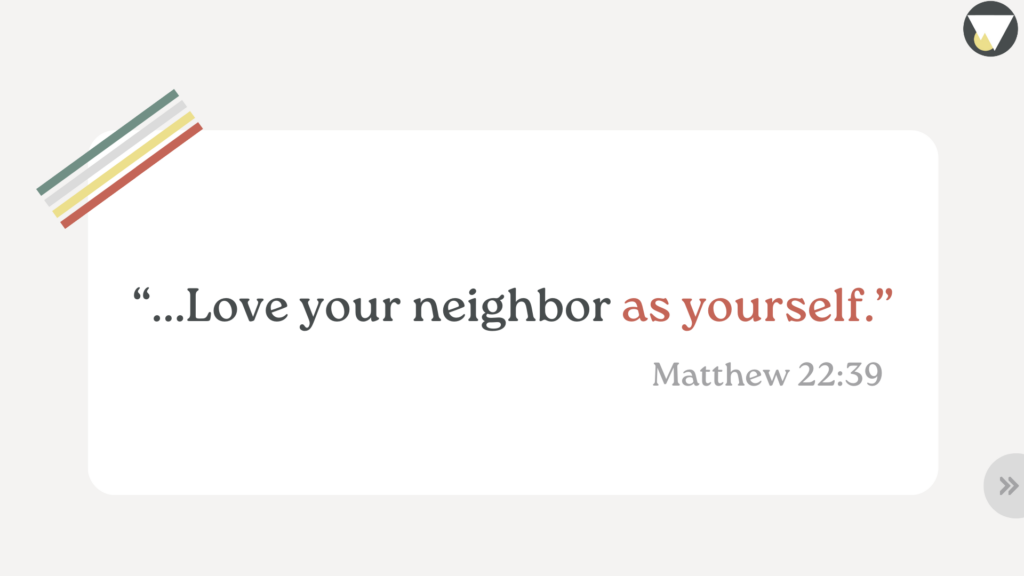
We serve an incarnational God who created humanity, called it good, and then joined us in it to demonstrate his love. Yet, we live out our theology as though it requires we despise, betray, and exploit our humanity. So why are we misunderstanding the assignment? It’s partly because we’re missing the invitation.
We’ve forgotten that faith is not about knowing more about God or doing more for God. It’s not about meeting a long list of expectations we think come from God. It’s about accepting the one big, beautiful invitation to draw near to—and dwell well with—God.
Caring for our souls and stewarding our humanity aren’t just good ideas; they’re biblical mandates.
Culture is certainly culpable. Both inside and outside of the church, we’ve platformed hurry sickness and applauded hustle culture. We’ve awarded our biggest medals to the most manic and least rested. We’ve trained women to betray their own needs and dignity and become martyrs to marriage and motherhood. And though often communicated from the pulpit, none of this is rooted in scripture.
Scripture reminds us we are fearfully and wonderfully made. It instructs us to guard our hearts, still our souls, fix our minds, and honor our bodies. (For a list of stewardship scripture, see DNDW 2’s show notes or the DNDW Resource Guide.) Our hearts, souls, minds, and bodies are the new tabernacle. His throne might be in heaven, but his temple is in us. We are sacred spaces, God’s divine dwelling place. And God—being both landlord and resident—designed the temple to live at a certain tempo and flourish through specific rhythms.
Faith isn’t about cramming, slaving, or striving. It’s about nourishing, honoring, and stewarding. It’s about drawing near and dwelling well. That’s why we will spend 2025 exploring soul care and spiritual formation practices that help us steward our hearts, minds, and strength so that we can love God, our neighbors, and ourselves.
God FOR US ordained it; God WITH US commanded it; God WITHIN demands it. And having spent some time practicing at practicing soul care and self-stewardship practices, I can testify they are shifting my life and faith in the best way possible.
ABOUT THE AUTHOR
CHRISTINE CRAWFORD
As a poet, Bible teacher, theology geek, advocacy writer, and Dallas Theological Seminary graduate, Christine loves exploring the upside-down kingdom of God through art, story, and humor. Described as having “the mind of an academic and the soul of an artist,” Christine thrives on helping women navigate the complexities of faith, grow spiritually, and deepen their relationship with Jesus.
We love to collaborate with creatives, conversationalists, and community-builders. Connect with us to have your work featured on The Holy Shift.

